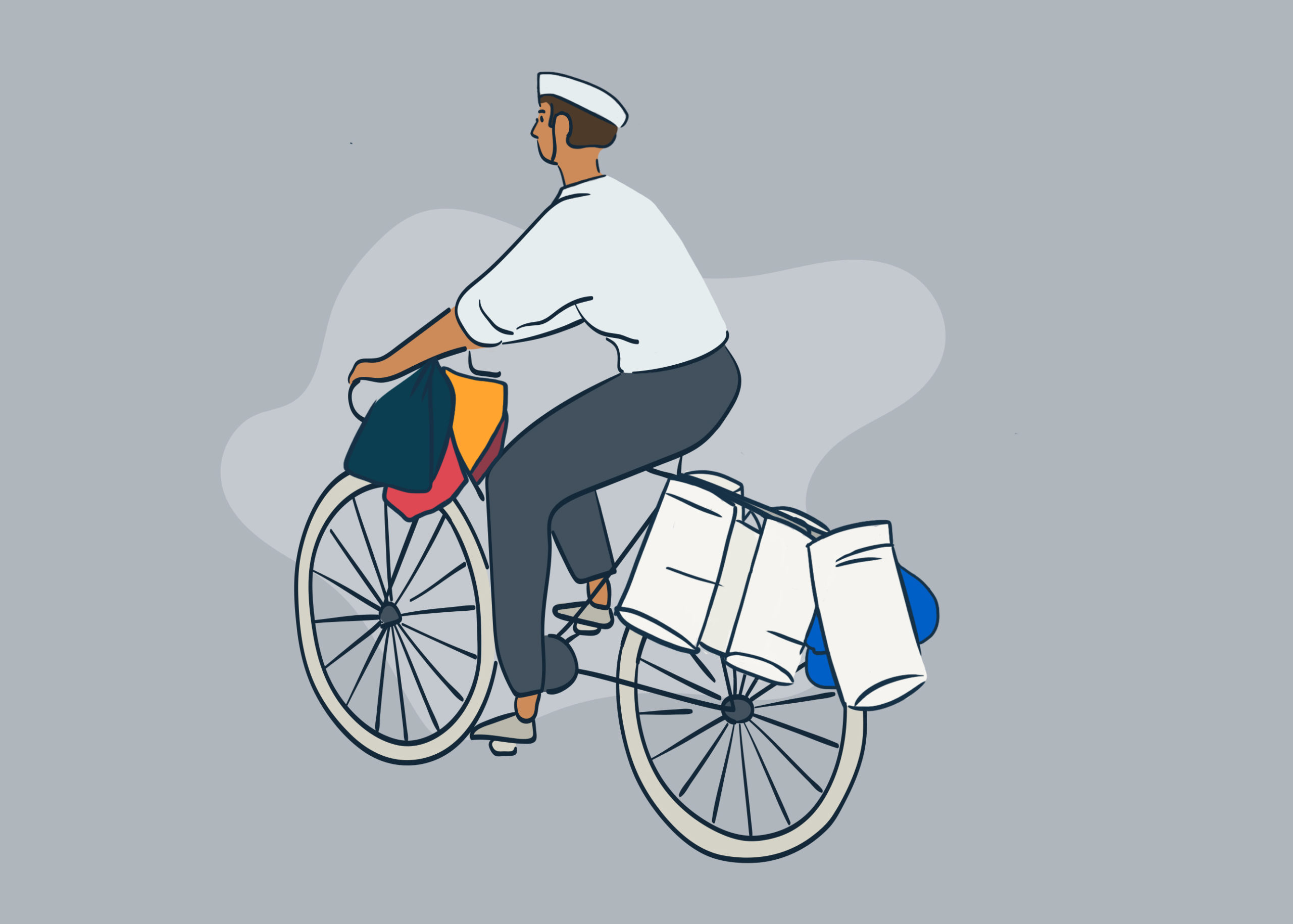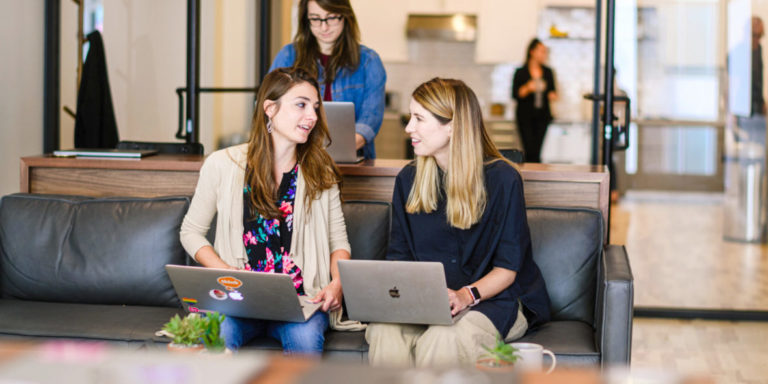SXSW 2020: How service design has made Mumbai’s “Dabbawalas” an iconic program

On March 18, my colleague Dhiraj Sapkal and I will speak at the 2020 SXSW Conference about how service design has made the “Dabbawalas” program in Mumbai, India so successful.
“Dabbawalas” are a network of about 6,000 people that deliver up to 200,000 lunch boxes per day, using zero digital technology, in the fourth most populated city in the world! “Dabbawalas” are known widely as legends of efficiency, accuracy, and trustworthy service.
As designers, Dhiraj and I are fascinated by how this system works—and by how great of an example it is for those of us looking to design the best systems, processes, and digital tools involving complex variables and countless people and touchpoints.
If you’re headed to SXSW in March, think of this post as an introduction to a larger exploration of the design thinking present in the “Dabbawalas” program. We’d encourage you to come out, learn more, and chat with us after our talk. (For those of you not attending SXSW, I’ll share some resources below for further reading.)
The “Dabbawalas” Experience
Picture your typical morning at work. If it’s anything like mine, it might look something like this…
You grab a tea/coffee, make your to-do list for the day, and start a whirlwind of tasks and meetings. About mid-morning your tummy grumbles: “I’m already hungry!” You continue plowing through your calendar, when all of a sudden you realize: “it’s lunch time already? Now I’m hangry, didn’t pack lunch, and don’t have time to get one before my next meeting!”
Sound familiar? Now instead, imagine this…
Lunch time hits, you head back to your desk, and magically a home-cooked meal is sitting right in front of you! You calmly enjoy your lunch, recharge, and continue to slay that to-do list and the rest of your day. When you arrive home, your empty lunchbox is already there, ready to be filled with another satisfying lunch that’ll be delivered back to your desk tomorrow.
For about 200,000 people in Mumbai, this dream scenario is their everyday reality. It has been for the past two decades, with an error rate of 1 out of 6,000,000 deliveries (no joke).
So who is this magical lunch hero? It’s the “Dabbawala!” In Hindi, “dabba” means box (in this case a lunch box… sometimes also called a “tiffin”), and “wala” means person.
A “Dabbawala” might ride a bike, push a handcart, and ride a few trains in order to pick up your lunchbox from your home or a partnering kitchen, delivers it straight to you at work, picks it up from you, and delivers the empty “dabba” back to your home or partnering kitchen before you return in the evening.
They have their own labeling system to ensure each “dabba” stays with the right person and home, and have intimate knowledge of Mumbai’s roads, traffic, and public transportation system.
Enduring Principles of Service Design
The “Dabbawalas” officially started in 1890, and their original end-to-end service model rooted in efficiency, accuracy, reliability, and sustainability thrives today with very few changes.
With a primarily illiterate and decentralized total workforce of 20,000, including delivery people, the “Dabbawalas” have mastered so many elements essential to great service design: operations, distribution, logistics, communication, modularity, teamwork, governance, and many more. And they’ve managed to keep their service completely tech-free, consistently achieving accuracy that’s been unmatched by many other attempted competitors.
Designers play a large role in shaping successful service experiences. Whether you’re trying to improve the experience of ordering a sandwich, taking your car in for maintenance, scheduling a doctor’s appointment, or putting in a help desk request at work, designers need to look at the entire experience holistically. They need to identify all the touchpoints involved, understand which factors impact each touchpoint and how, learn what users need, and what changes the creators of the experience can feasibly make.
We’ll unpack the details of the well-oiled, totally analog “Dabbawala” model that’s enabled their long time success and unwavering customer loyalty.
See you in March! While you’re there, be sure to talk check out SXSW talks from our fellow Thinkers Keren Toledano (Outsourcing Creativity: Authors, Artists, and AI) and David Dylan Thomas (Content Strategy Hacks to Save Civil Discourse).
Further Reading
In case you’re not able to attend our talk, or if you simply want to learn more before you attend, here are a few resources:
- A Harvard Business Review preview of a research study conducted in 2012
- An overview of the daily delivery timeline
And a couple blog posts from fellow Thinkers about Service Design:



